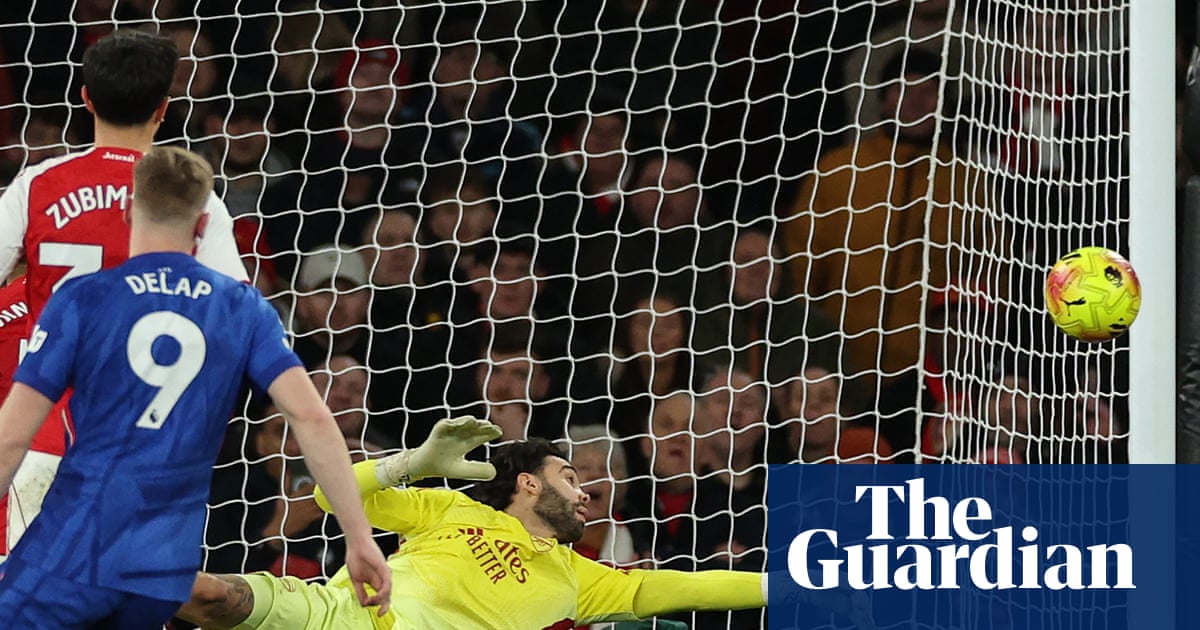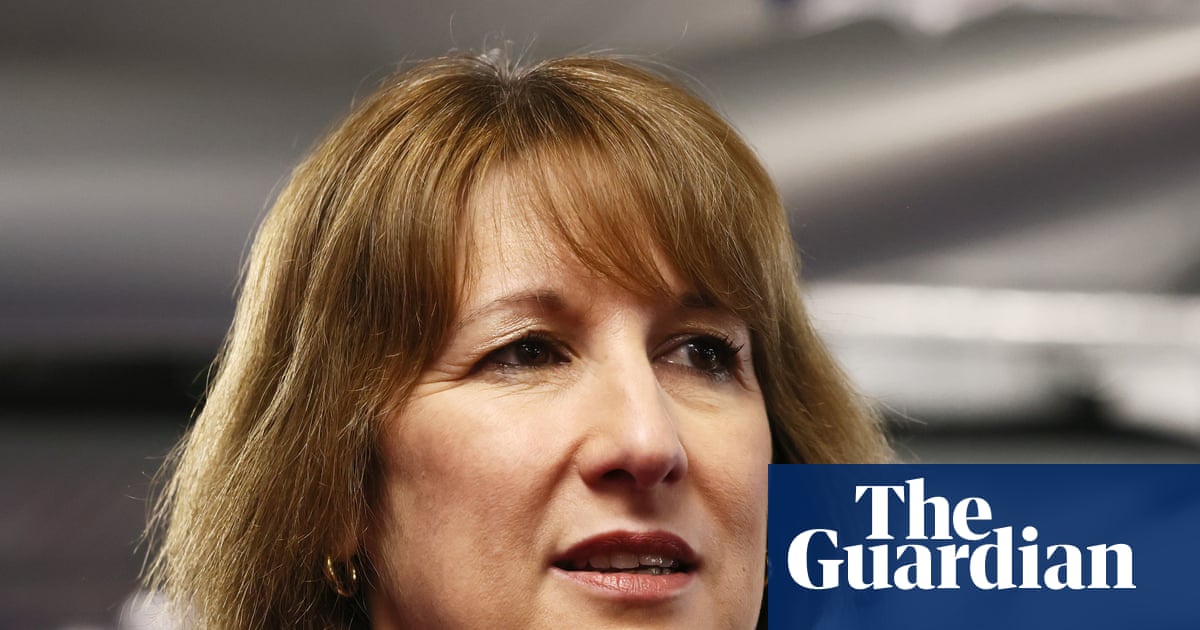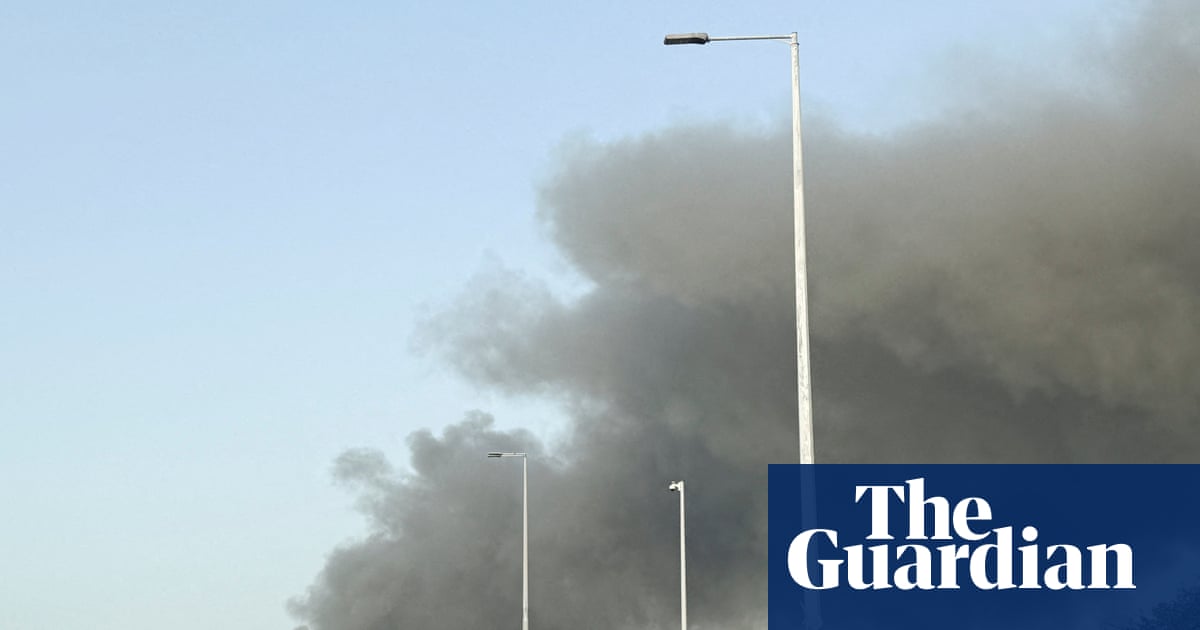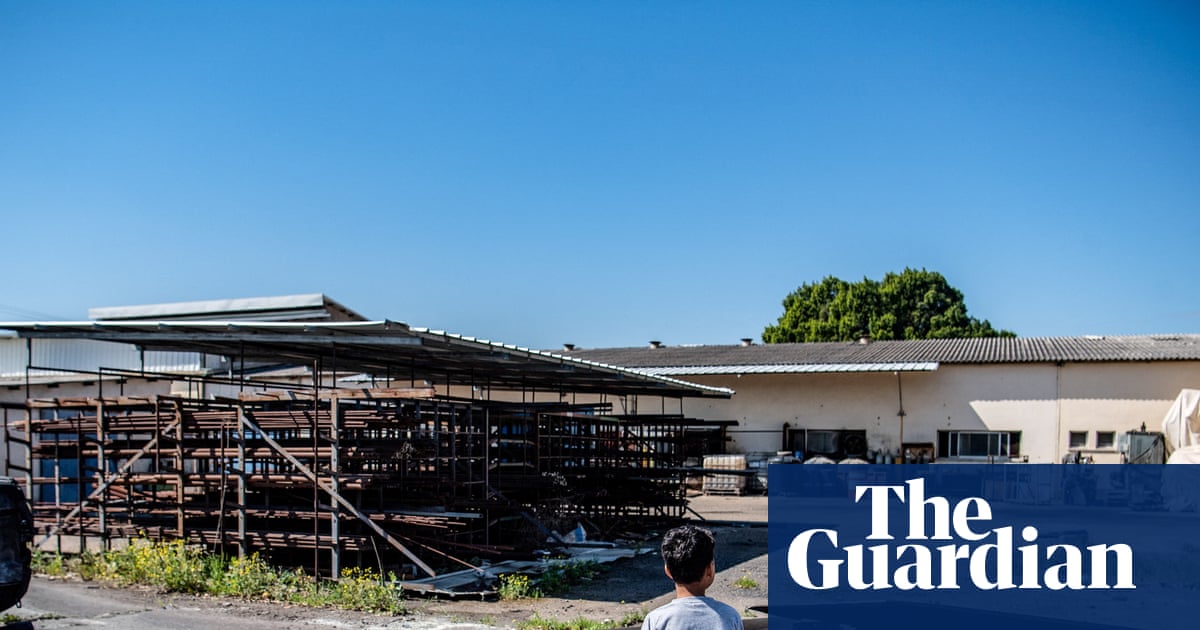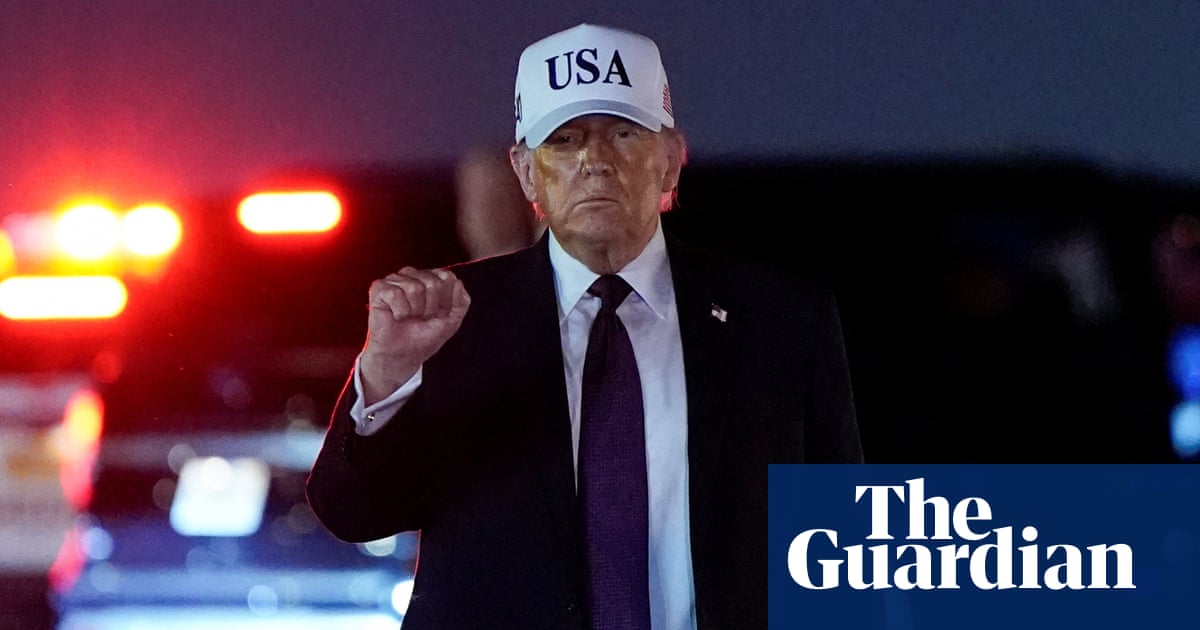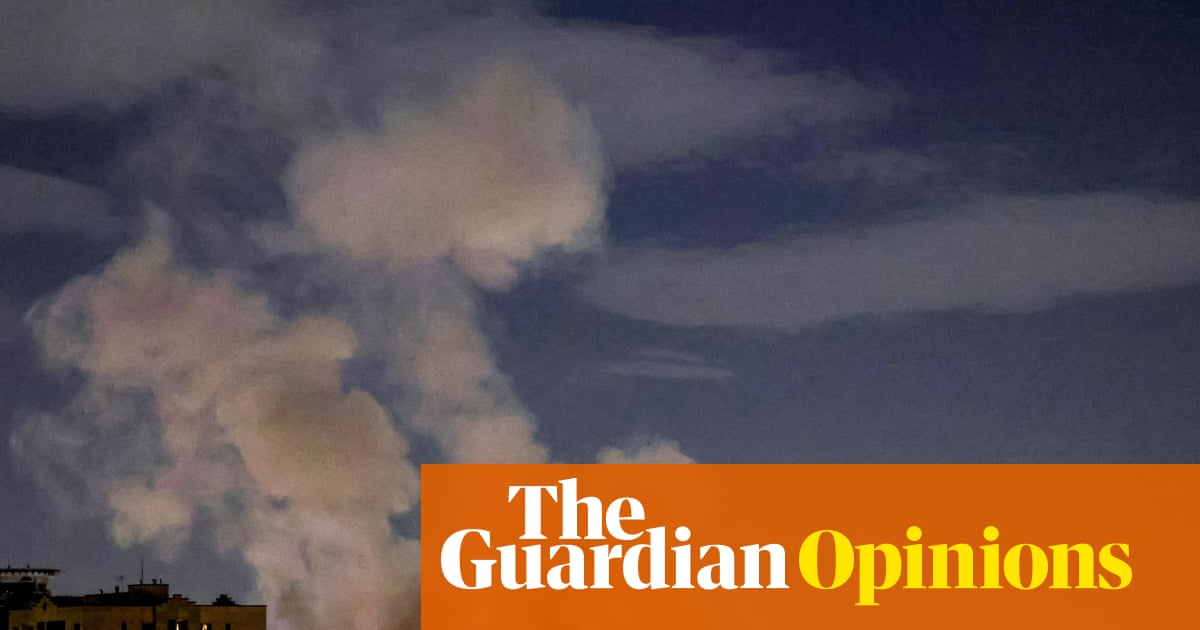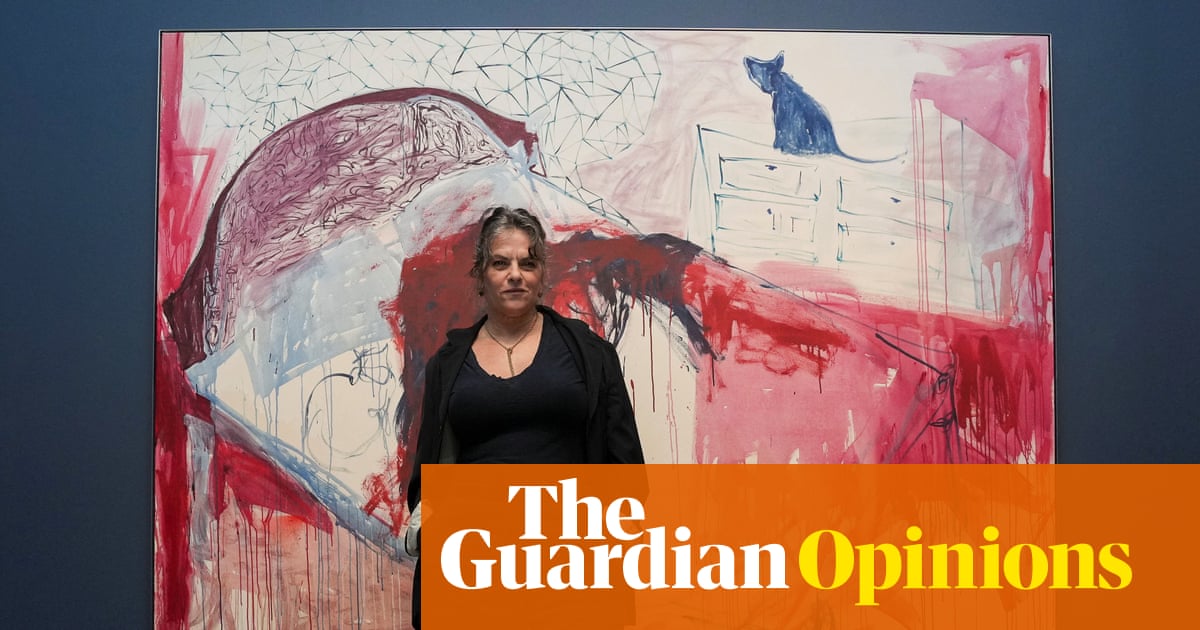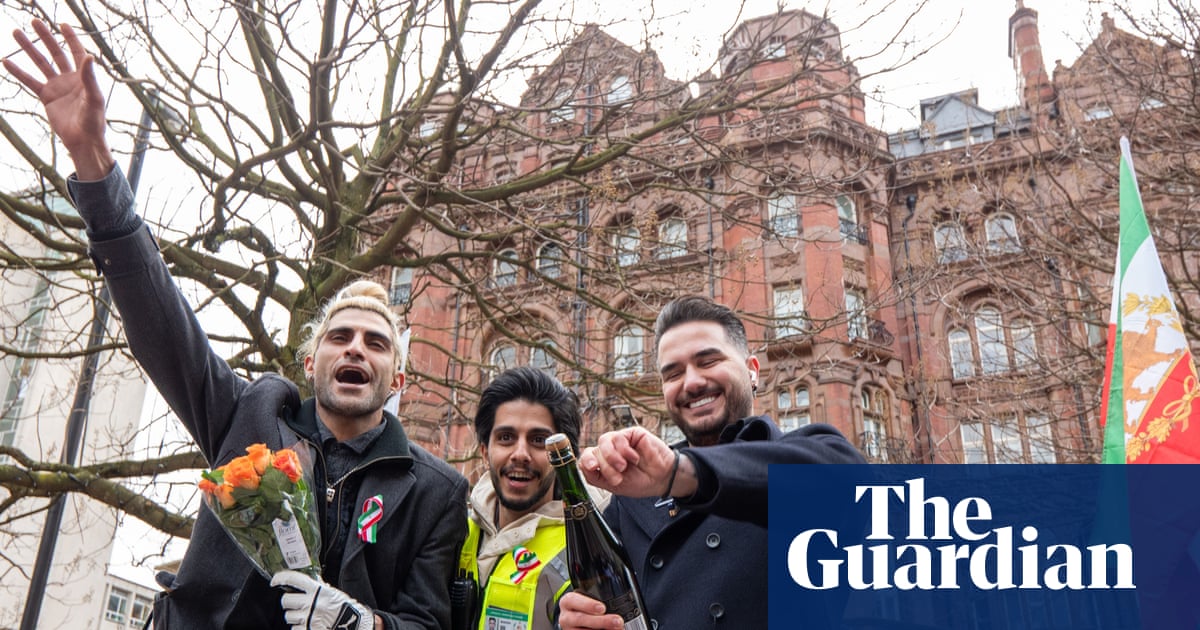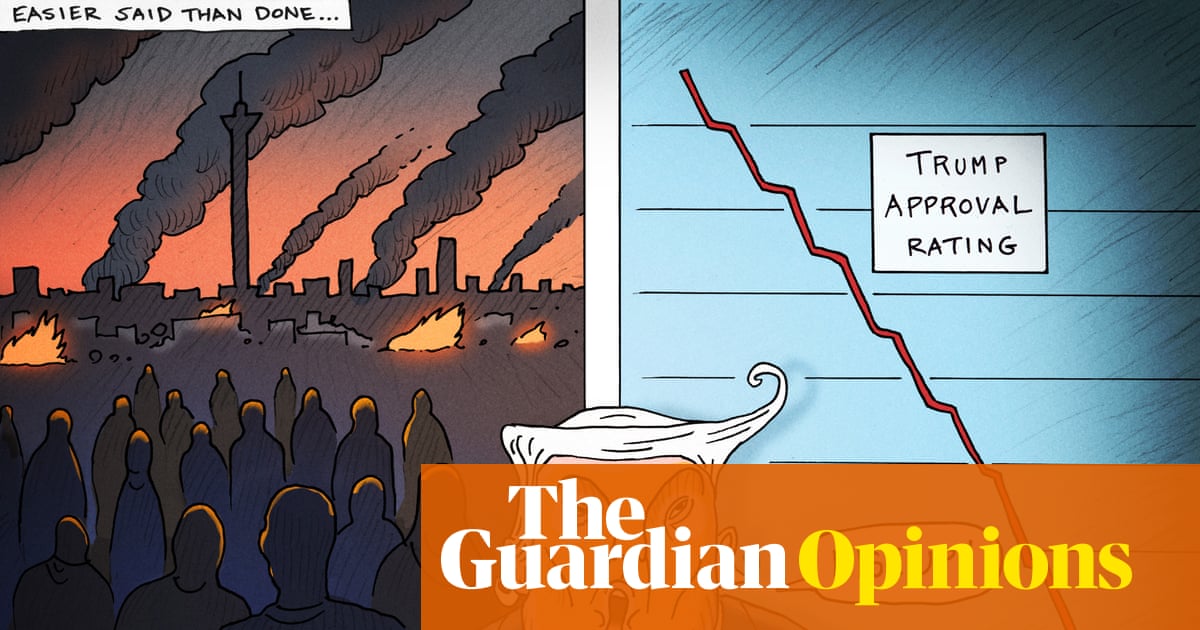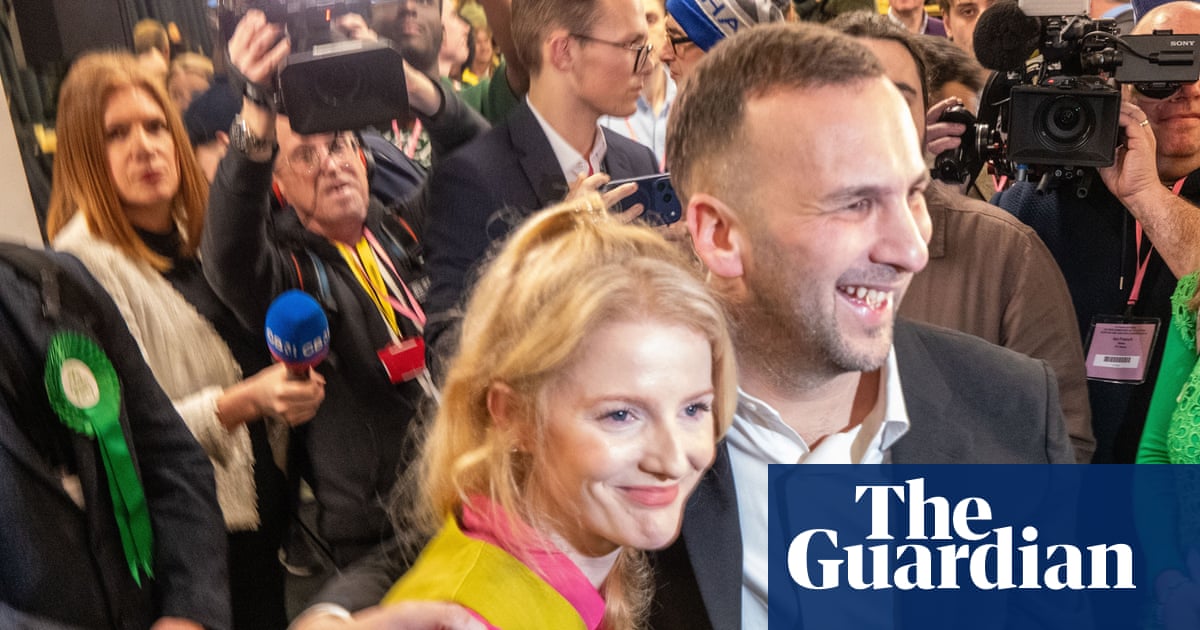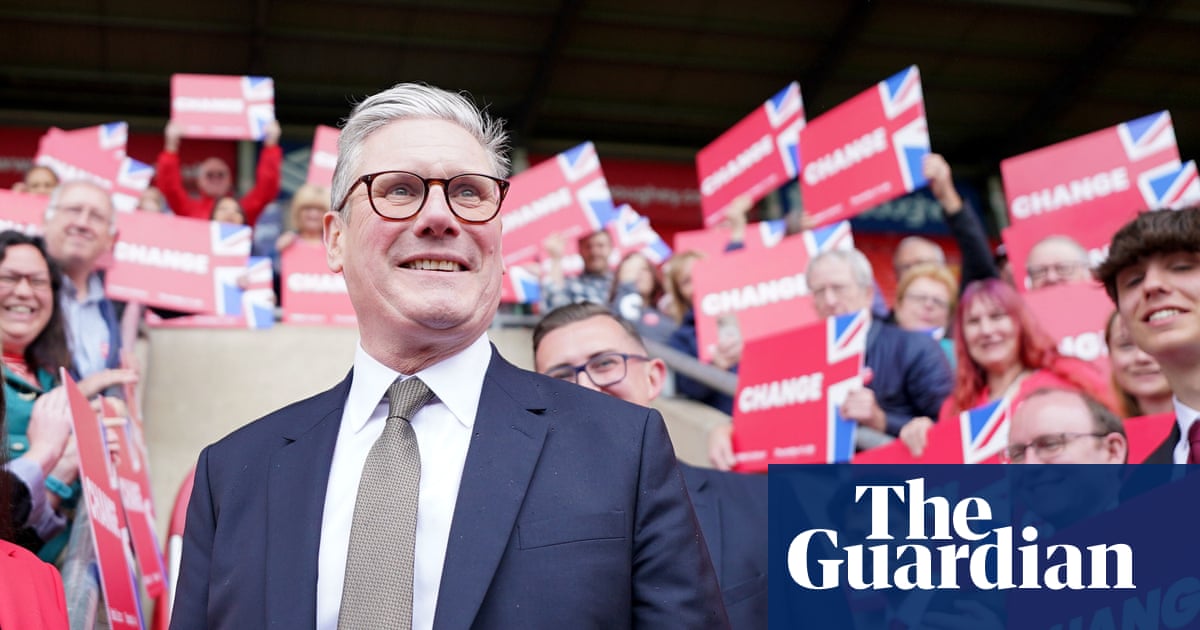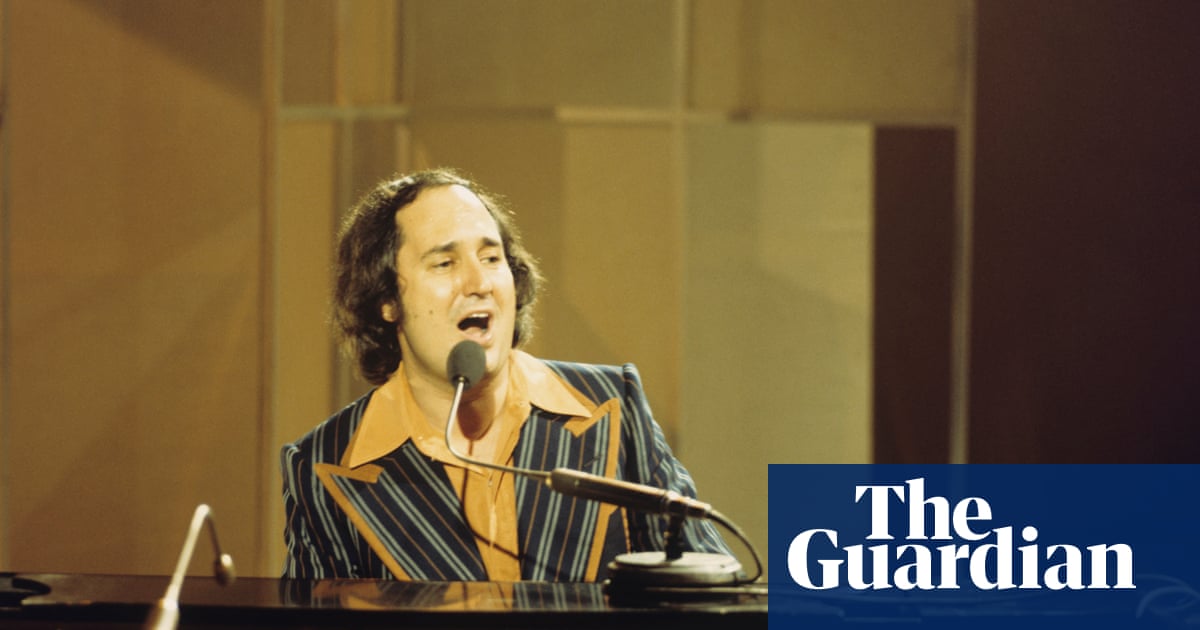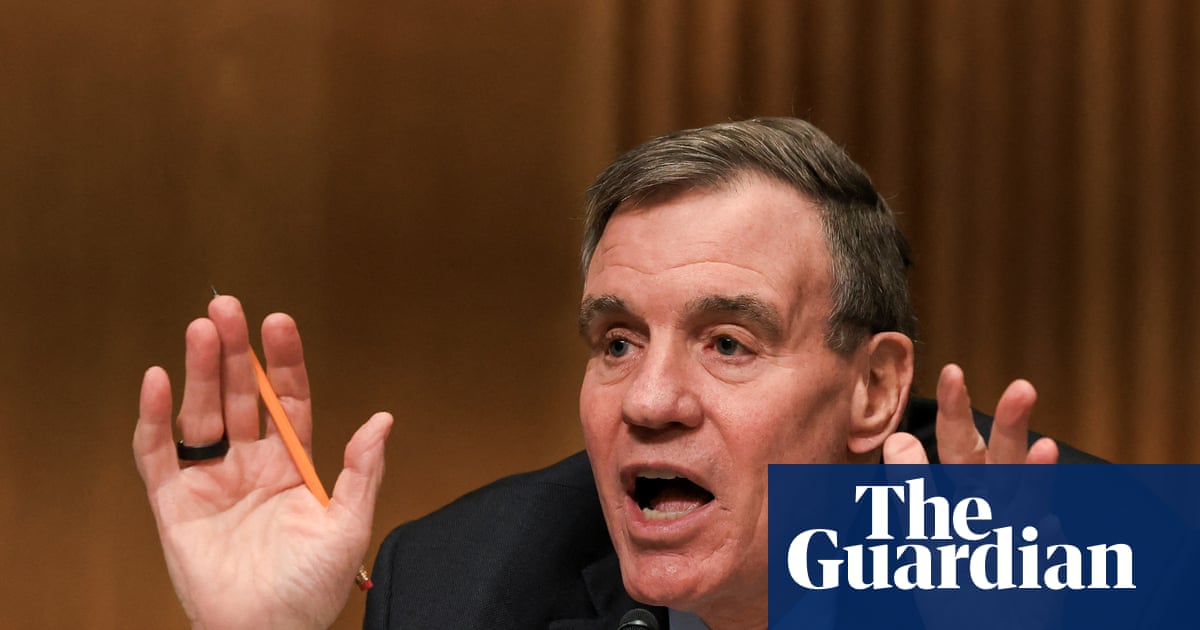Nicola Sturgeon has said she fully understands why many people find it hard to believe she had no idea about alleged embezzlement within the Scottish National party given the close links to her domestic life, but has insisted this is the case.
Speaking to the Guardian’s Politics Weekly UK podcast, the former Scottish first minister said her relaxed demeanour in the period directly after she stepped down as first minister, weeks before police searched the home she shared with her then husband, Peter Murrell, would have been impossible if she had suspected things were amiss.
Sturgeon announced her departure in February 2023. In April that year, Murrell was arrested, with police searching the Glasgow home the couple shared, as well as the SNP’s headquarters in Edinburgh. Officers also seized a motorhome parked outside Murrell’s mother’s house in Fife.
Murrell, the SNP’s longstanding chief executive, was later charged in connection with alleged embezzlement and has not yet entered a plea. But earlier this year, police said Sturgeon was no longer under investigation.
Asked if she could understand why many people, including SNP supporters, found it hard to believe she was oblivious to any potential wrongdoing, Sturgeon replied: “I can, absolutely.”
She went on: “If I was on the outside looking into the unfolding of events in the days … after I stood down, I would struggle to believe that as well. But trust me, I had no idea.
“I knew there was an investigation, obviously, back at the point I stood down. I guess my views on the investigation were more about frustration about why it was going on for so long, rather than any real concern about where it was going to go.”
In the period after she announced her decision to resign as first minister, Sturgeon said, “I was more relaxed than I’d been in years, because I was knew I was making the right decision, I was looking forward to the future”.
She went on: “I know people struggle to believe that politicians are human, but the idea that if I had known what was about to unfold, that I would have been able to function at all, let alone appear relaxed, is just nonsensical. So no, I didn’t know.”
Also in the interview, Sturgeon argued that the resurgence of the SNP in Scotland and Plaid Cymru in Wales, as well as that of Reform UK, could mean the UK was witnessing the gradual collapse of the union.
The possible advent of a Reform government in Westminster, she said, could exacerbate tensions uncovered by Brexit, in which “there are different views or different political directions of travel between the four UK nations, then all too often it’s what England chooses that ends up dominating Wales, Scotland and to a lesser extent, but still to some extent, Northern Ireland.”
This was, Sturgeon argued, “not a sustainable position long-term”. She added: “In the next 10, 20 years, I think we will see a complete rewiring of the UK nations. And we will, I think, end up in a position that is something like a confederation of the British Isles or an independent Scotland, certainly a much more autonomous Wales, possibly an independent Wales [and a] reunified Ireland.”
after newsletter promotion
Sturgeon also defended her bill on simplifying the gender recognition process, which was blocked by Rishi Sunak’s government and is seen as playing a role in the backlash against transgender rights that eventually led to April’s landmark supreme court ruling on gender.
“I know there’s lots of people who would love me to say I was totally wrong on gender recognition,” she said.
“I’m not going to say that, because I don’t believe it to be the case. I am a feminist – always have been, always will be.
“I’ve championed women’s rights for as long as I’ve been in politics, and I will do it for as long as there is breath in my body, but I will never accept that that sits in conflict with also standing up for the rights of stigmatised minorities. And there’s fewer minorities in the world, not just in this country, more stigmatised than trans people.”

.png) 3 months ago
74
3 months ago
74
